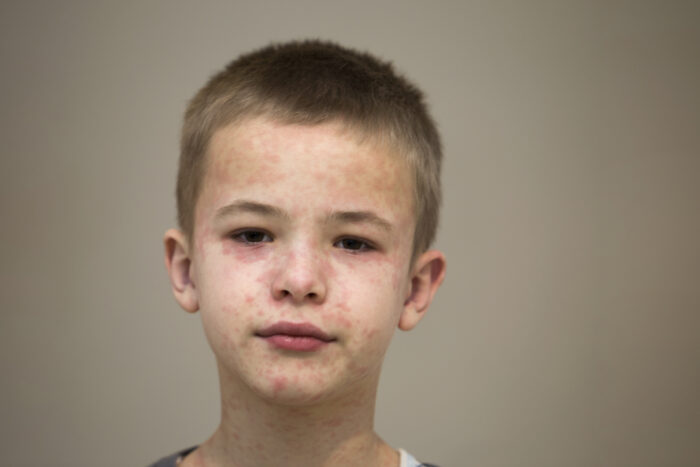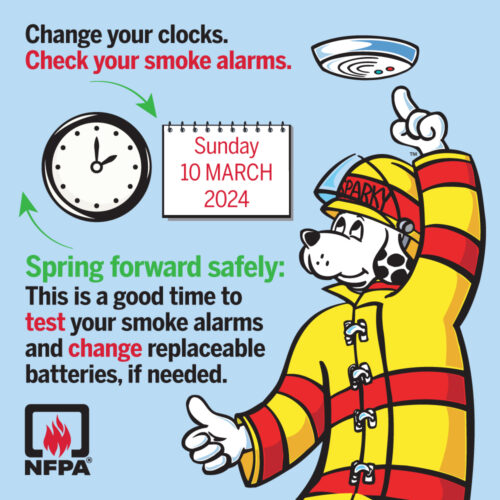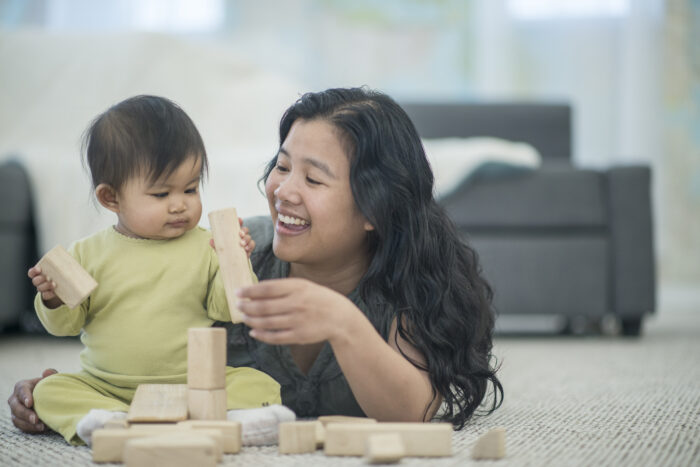Although measles is uncommon in the United States, the number of cases across the country is increasing. In fact, the U.S. has already recorded more measles cases in 2024 than the total number of cases in all of 2023. Many other countries are seeing measles outbreaks as well, including some locations that are travel destinations. […]
Spring is a great time to check your family’s bike helmets and life jackets, to be sure they’re in good shape and still fit properly. Invest a bit of time now, before summer arrives and someone misses out on a spur-of-the-moment bike ride or boating adventure. On the Pulse shares tips on checking out the […]
It’s time to move clocks forward for Daylight Saving Time on Sunday, March 10. As you walk through your home to reset clocks, take another lap and test each smoke alarm using the test button. If your smoke alarms use standard batteries, be sure to change the batteries at least once each year. Choosing this […]
Skin can get dry, irritated and itchy during cold weather. Known as winter itch, this condition can be caused by cold, dry air outside plus heated air inside. Bathing habits and cleansing products can also worsen the condition.
Active kids enjoy improved mental wellness and reduce their risk of heart disease. While the days are short and the weather is often cold or dreary, kids still need to be getting physical activity each and every day. February is American Heart Month and On The Pulse asked Dr. Monique Burton, medical director of the […]
Sleep is an important part of physical and mental health, especially in school-age children and adolescents. A well-rounded sleep schedule supports healthy brain function, maintains physical and emotional balance and reduces the risk of long-term health problems. Unfortunately, about 30% of parents say their kids are not getting enough shut-eye. While sleep challenges vary, research […]
Families planning a home renovation or remodel should be aware that the walls they plan to tear down could contain hidden dangers that can hurt unborn babies and children’s growing bodies. Dr. Sheela Sathyanarayana is a pediatric environmental health specialist at Seattle Children’s Research Institute, and she says that people considering home renovations or remodels, […]
This holiday season, parents, caregivers, family and friends may be on the lookout for special gift ideas for the children in their lives. With so many choices available in person and online, it can feel overwhelming to find something that is both fun and safe. Depending on a child’s age, there are certain toys with […]
You may have heard about a respiratory infection that hit babies and young children particularly hard last year, sometimes resulting in hospital stays. The infection was RSV, which is short for respiratory syncytial virus. As RSV season arrives this year, Dr. Tony Woodward, medical director of emergency medicine at Seattle Children’s, shares information to help […]
Almost all parents and caregivers are familiar with bullying that happens in person. But fewer adults understand cyberbullying. It refers to bullying that happens in the digital world via devices like smartphones, computers and gaming systems. A type of harassment, cyberbullying includes sending messages meant to intimidate, humiliate, manipulate or cause other distress. Cyberbullying can […]










